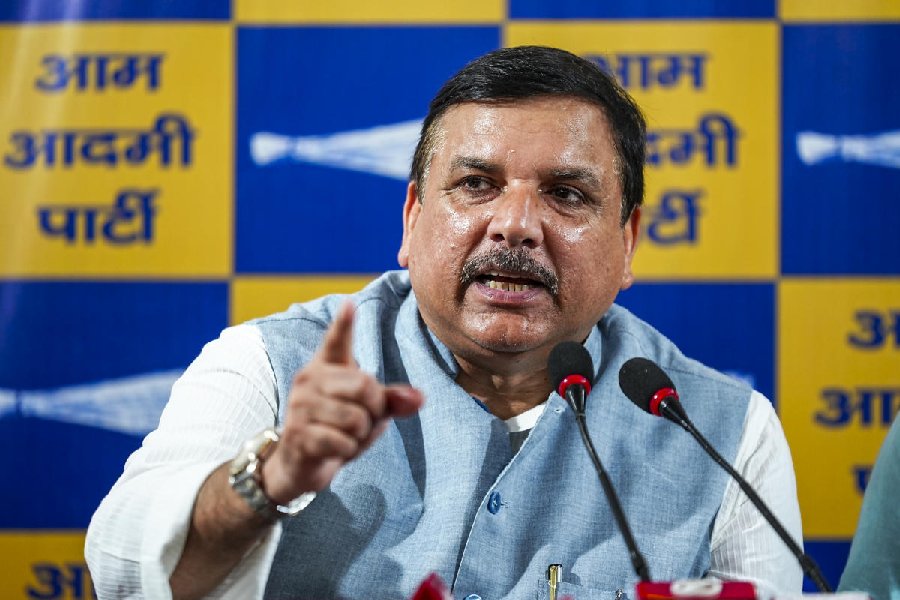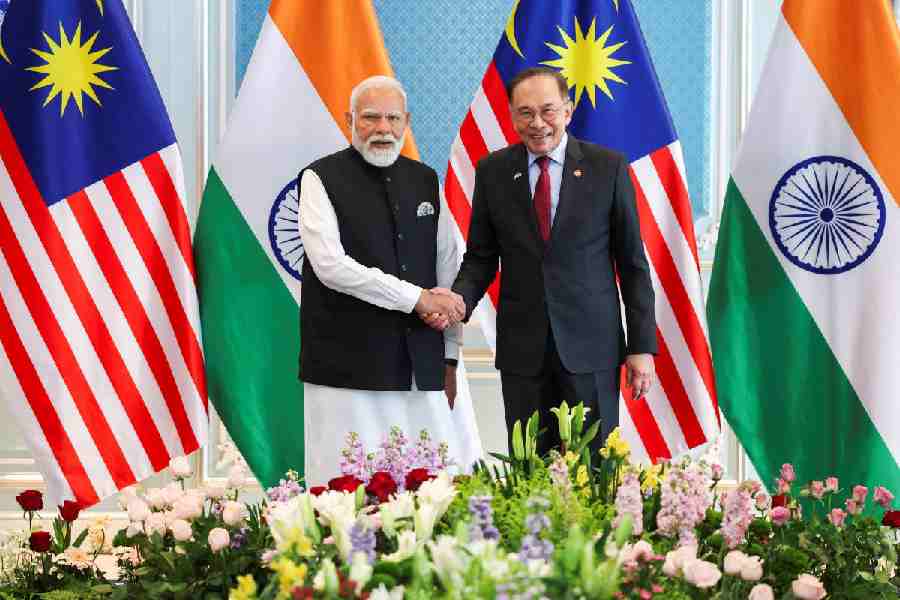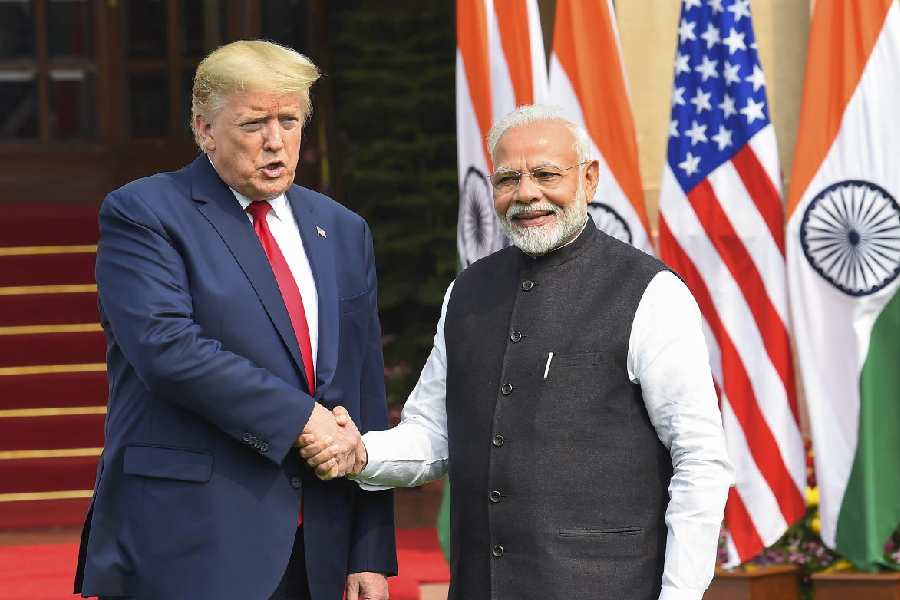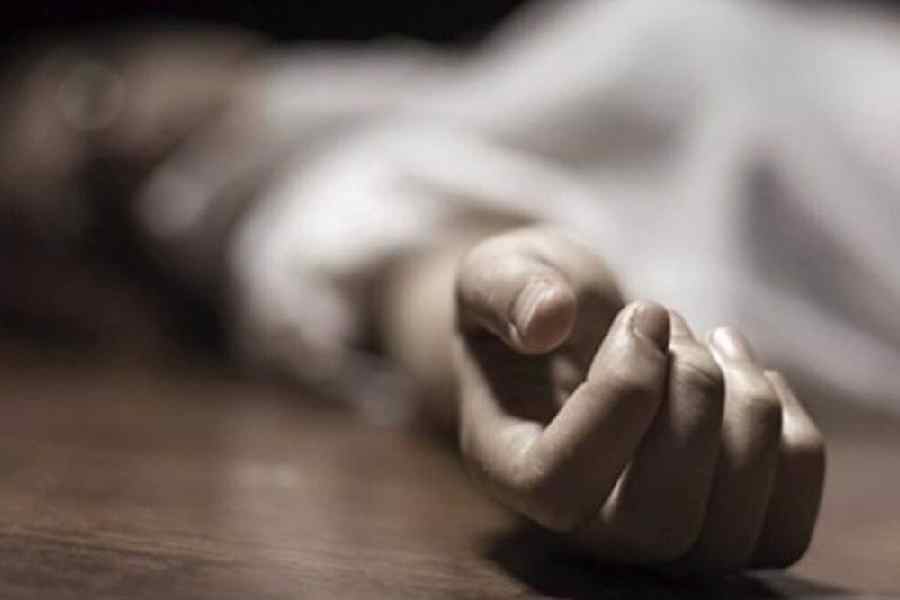Calcutta, Jan. 3 :
Calcutta, Jan. 3:
Three weeks after a permanent pacemaker implantation (PPI) in a reputed city hospital, the blackouts came back to haunt Sharmila Kumar, 55. She rushed to the doctor, who had insisted that she required a pacemaker urgently. The cardiac-surgeon told her to 'ignore' the problem. Kumar then visited a specialist in Vellore, who concluded that 'the PPI was unnecessary', as she did not have a severe heart condition.
More and more Calcuttans are now undergoing PPI without actually knowing whether they need it or not. In 2001, over 1,680 such implants were carried out in prominent city hospitals. No less than 700 were carried out in the state-run SSKM Hospital, making it the largest PPI hospital in southeast Asia. A distant second after SSKM is B.M. Birla Heart Research Centre, where 12 implants are conducted, on an average, every month .
Statistics and trade figures reveal a 10 per cent jump in pacemaker sales in Calcutta 2001, over 2000. According to trade circles, Calcutta accounted for over 3,000 units, with Chennai, Mumbai, Delhi and Bangalore picking up the remaining 4,000 that were sold last year.
A pacemaker, valued between Rs 56,000 to Rs 2 lakh, is needed to regulate the heartbeat artificially when the natural electrical signals are not generated. 'Of late, there has been an increase in the controversial usage of the pacemaker. Ideally, a patient with a limited heart block should go for extensive tests to determine whether he needs it or not,' said cardiologist Prakash Hazra.
SSKM's officiating superintendent Dr Elabandha Pal Choudhury attributes this rise to 'the good facilities' and 'quality control' at the hospital. Eminent doctors, however, say that at least 50 per cent of these cases were unnecessary. 'In some cases, patients with complaints like syncope (blackouts) and palpitation continued to have them even after the implant,' said a senior surgeon attached to the B.M. Birla centre.
Several doctors in the city are violating the American Heart Association norms, which are considered the standard in judging whether a patient needs an implant or not. Patients requiring pacemakers can be divided into class A and class B. Class A includes patients who have 'complete heart blocks' and definitely need an implant.
'The grey area lies in class-B patients, where cases with suspected bi-facicular, or incomplete, blocks are implanted with a pacemaker. Instead of carrying out further electrophysiological tests on these patients, cardiologists often insist that the patient must go for an implant,' added the senior surgeon.
The Indian Medical Association (Calcutta branch) has decided to discuss the pacemaker push during its conference on January 19. 'This is a serious issue. I have taken it up with our senior members. Malpractice among doctors will definitely be discussed at length,' said senior IMA member Dr Shib Dutta Choudhury.
Cardiologist Jyoti Deb is worried about the trend. 'I have come across cases where I felt the procedure was not necessary. There should be some uniformity... The government should do something about it.'
Most cases of malpractice do not reach the West Bengal Medical Council. 'A few cases against indiscriminate pacemaker implants do land up at the council office. They remain limited to departmental probes only,' said registrar D.K. Ghosh.
The PPI manufacturers, meanwhile, are doing brisk business in Calcutta. Symbios, a city-based supplier of Vitatorn pacemakers, sold 560 units in 2001, compared to 230 in 2000. The company, one of the world's largest manufacturers of pacemakers, claims to have touched Rs 3 crore in Rs 2001 and expects to sell about 750 units this year.
 Sunday, 08 February 2026
Sunday, 08 February 2026










